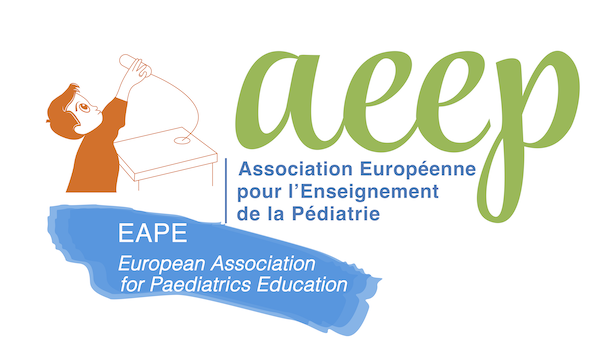XXX CONGRÈS DE L’ASSOCIATION POUR L’ENSEIGNEMENT DE LA PÉDIATRIE EN EUROPE (A.E.P.E.)
jeudi 14 – vendredi 15 septembre 2000
LONDON. U.K.
Désolé, pas de traduction disponible.
Involvement of parents in neonatal care
Marina Cuttini
and the EURONIC Study Group
The improved survival of very preterm babies, and the growing understanding of the capabilities of the infant have contributed to draw attention to the quality of the relationships between infants and parents during the early months of life. Current developmental theories endorse the concepts of mutual interactive influences between the infant and the care-taking environment, particularly the mother: the role of the neonatal team in enhancing such interactions has become crucial.
A large, international study on ethical decision-making in neonatal intensive care (EURONIC), provided the opportunity for comparing parental involvement in the care of their newborn babies, with special reference to visiting, information and participation in decisions, across several European countries.
123 Neonatal Intensive Care Units, selected by random or exhaustive sampling, and 1235 physicians were recruited (response rates 87 and 89% respectively). Data were recorded by means of self-administered questionnaires.
Proportions of Units allowing unrestricted parental visiting ranged from 11% in Spain to 100% in Great Britain and Sweden, and those explicitly involving parents in decisions from 19% in Italy to 89% in Great Britain. Policies concerning information varied as well. The desire to shield parents from the burden of decision-making, and from possible subsequent feelings of guilt, were according to most doctors the main reasons for limiting parental involvement.
To a certain extent, the international variations found corresponded to a North-South contrast, with Units from northern countries being more receptive to parental involvement than the southern Mediterranean ones, and with Germany, France and the Netherlands occupying an intermediate position. They could not be explained by differences of Unit characteristics such as level, size and availability of resources.
As the importance of parental participation in the care of their babies is increasingly recognized, these findings have implications in terms of neonatal intensive care organization and policy-setting.
